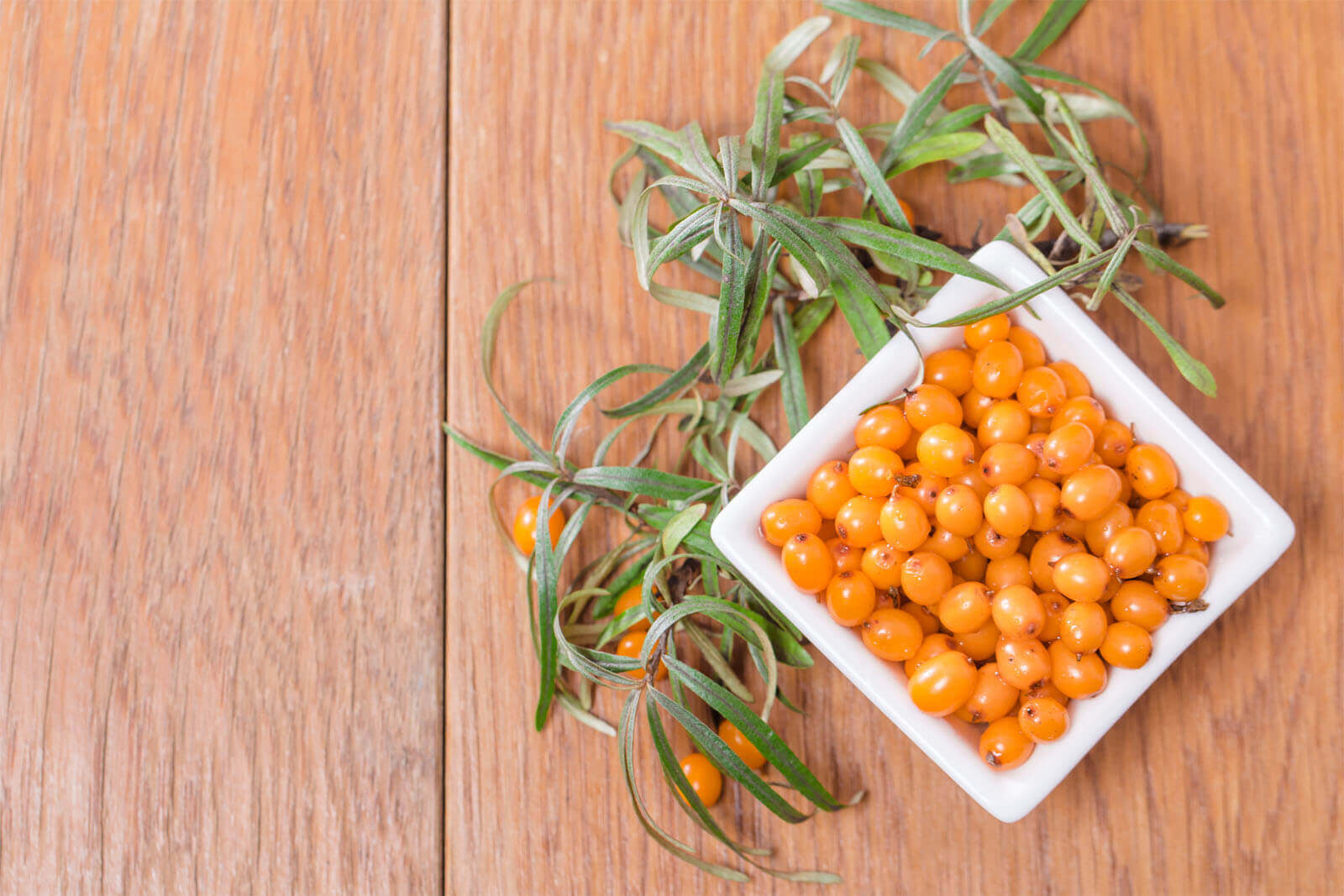Mucosal Tissue and Women – a Sensitive Subject!
Imagine sexual intercourse without healthy mucosal tissue …
What is the difference between mucous and mucus:
Mucous (adjective) membranes create mucus (noun) which is the slimy substance produced in our body. As unpalatable as all this sounds, mucus production is an absolutely essential function of a health human or animal.
What is Mucous Membrane?
It is a lining that is selectively permeable, around various cavities in our body and surrounds our internal organs. This lining comprises one or more layers of epithelial cells (as compared with the other 3 animal -including humans -tissue types: connective tissue, muscle tissue and nervous tissue.) Some mucous membrane secrete mucus which is a thick protective fluid. As we age, this secretion reduces or even ceases.
Where in our body are mucous membranes?
Internally we have
- bronchial mucosa
- gastric mucosa
- intestinal mucosa
- olfactory mucosa
- endometrium which is the mucosa of the uterus
It also occurs at various body openings such as the
- mouth (oral mucosa)
- eyes
- ears
- nose (nasal mucosa)
- throat (esophageal mucosa)
- urethral opening (Penile mucosa)
- the anus and the
- vagina (vaginal mucosa)
What is the function of mucous membranes?
Mucus prevents dirt and germs from entering into the body. It also prevents of bodily tissues from losing moisture.
This is very important when we consider the following:
We know our bodies have a high water content … in fact as babies we start out at approx 78% water dropping to about 65% by the 1st birthday. The average human adult averages 57%-60% water and it varies with age and gender. Interestingly, obese men and women have less water (as a percentage to their size) than lean adults and women are comprised of a lower level of water than men. That surprised me!
Our thirst kicks in when we lose 2-3% of our body’s water, but mental performance and coordination are by then already impaired when our percentage is just down by 1%.
2/3 of our body’s water is within our cells (intracellular fluid) whilst the remaining 1/3 is outside of the cells (extracellular). This is where the importance of osmosis and salt comes in, I recall from my Uni days … the fluid levels are dynamic in that salty cells want to draw in fluid from the less salty extracellular fluid to maintain a similar level of saltiness and vice versa. We don’t want all our body water inside our cells, or all our body water outside of the cells … the balance must be right so the proportion is correct.
We can start to see from the above two paragraphs the importance of remaining correctly hydrated. Mucous membranes are delicate and if damaged or torn or drying out, they can no longer completely fulfill their role … pathogens can enter the body and fluid levels decrease.
The bottom line is that mucous membranes are an incredibly important part of our human bodies, and animals equally need a healthy mucosal system by the way, so please care for them.
What else do we need mucous producing membranes for?
Well, imagine not having mucus in our mouth and throats … how impossible would it be to eat, chew and swallow?
Imagine having no lubricating mucosal tissue around our eyes!
Imagine having no mucosal protection in our digestive system and stomach where strong acids are needed to break food down into usable and useful components.
Imagine if our bronchial mucosa was compromised … our lungs are spongelike, moist and slimy, and as our lungs expand and contract, the mucous protects us from inhaled germs and bacteria and dirt which are prevented from entering the lungs by getting trapped in the mucosa. In a healthy person, the mucus drains away along with the trapped nasties. The mucus prevents the lung tissue from drying out so it can better expand and contract for healthy, comfortable breathing.
When we get a cold and our nose runs, it is this runny mucus that is trying to flush out the germs and bacteria … so it actually does have a useful function!
Imagine sexual intercourse without the lubrication provided by the penile and vaginal mucosa … and this is a fact of life that afflicts many women, in particular older post menopausal women … this is an area of frequently voiced concern which prompted this article. Please see Testimonial below.
How can we help maintain healthy mucous membrane?
Harsh soaps can “dissolve” components of mucus so keep this in mind … skin secretes an oily substance (sebum) to form a waterproof barrier which also protects against infection so whilst skin can tolerate some contact with soap, mucosal tissue cannot. Try using warm water without soap around private areas.
Good diet to include
- zinc (pepita seeds)
- Vit C from citrus fruit
- Vit A (retinol can help with dry eyes and some skin disorders) from fish
- Sea Buckthorn Oils – associated with alleviating Sjogrens symptoms (taken internally)
- Proper hydration (pure drinking water)
- Marshmallow root soothes mucous membranes of digestive tract
- Licorice and slippery elm herbs soothe and protect mucous membranes
- Ensure there is no deficiency in EFA’s (essential fatty acids)
